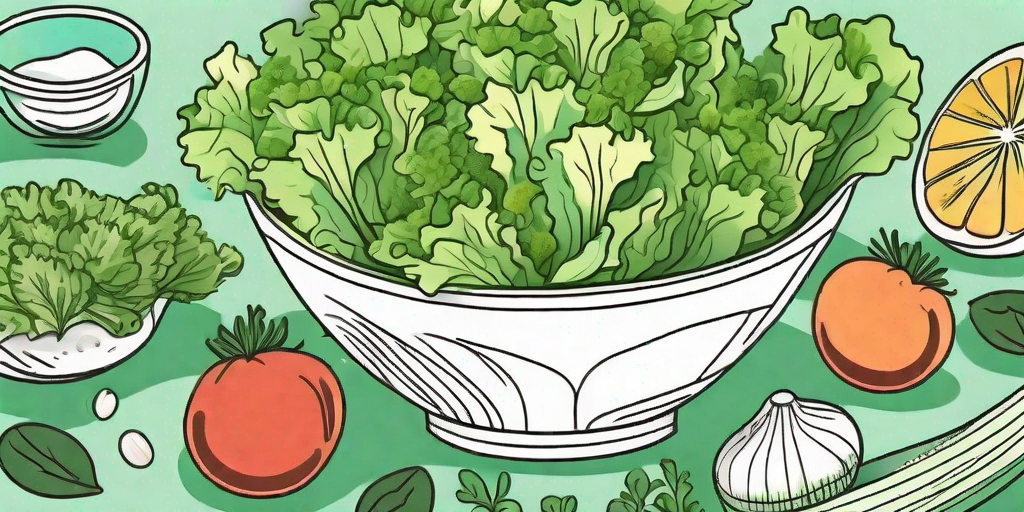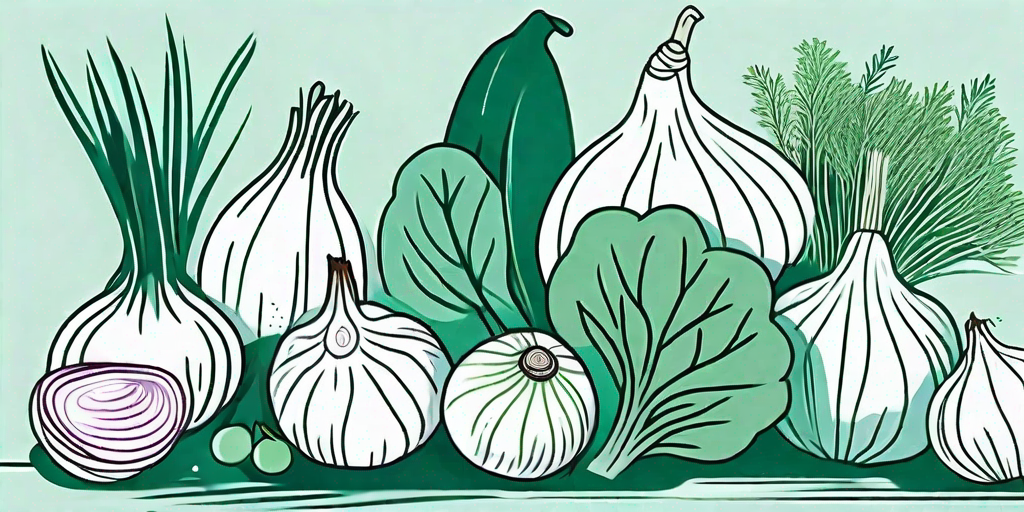
In the world of health and wellness, elderberries are the new superheroes. These tiny, dark purple berries are packed with antioxidants and vitamins that can turbocharge your immune system. But did you know that growing your own elderberry plants can also be a fun and rewarding hobby? Let’s dive into the world of elderberries and discover how they can boost your health.
The Magic of Elderberries
Before we get our hands dirty in the garden, let's take a moment to appreciate the magic of elderberries. These small, juicy fruits are a powerhouse of nutrients. They are packed with vitamin C, dietary fiber, and antioxidants, making them a natural immunity booster. Plus, they have a unique, tart flavor that can jazz up your smoothies, pies, and jams.
But the benefits of elderberries go beyond their nutritional value. They have been used in traditional medicine for centuries to treat a variety of ailments, from colds and flu to allergies and inflammation. So, by growing your own elderberries, you're not just cultivating a plant - you're cultivating health.
Getting Started with Elderberry Gardening
Choosing the Right Variety
There are several varieties of elderberries available, each with its own unique characteristics. Some are better suited for culinary purposes, while others are ideal for medicinal use. Do a little research to find out which variety is best for your needs and climate. The most common varieties are the American elderberry (Sambucus canadensis) and the European elderberry (Sambucus nigra).
Planting Your Elderberries
Once you've chosen your variety, it's time to get planting. Elderberries are pretty hardy and can tolerate a range of soil types. However, they prefer well-drained, loamy soil with a pH between 5.5 and 6.5. Plant your elderberries in a sunny spot, as they need at least six hours of sunlight each day to thrive.
When it comes to spacing, elderberries need room to spread out. Plant them at least 6 feet apart to allow for ample growth. If you're planting multiple rows, leave about 10 feet between each row.
Caring for Your Elderberry Plants
Watering and Fertilizing
Elderberries are not overly demanding when it comes to watering. They like a good drink, but they don't like to sit in water. So, make sure your soil drains well and water your plants deeply once a week.
As for fertilizing, elderberries are pretty low-maintenance. They don't require a lot of nutrients, but a little compost or organic fertilizer can give them a boost. Apply your fertilizer in early spring to give your plants a head start on the growing season.
Pruning and Harvesting
Pruning is an essential part of elderberry care. It helps to maintain the shape of the plant, encourage new growth, and increase fruit production. The best time to prune is in early spring, before the new growth starts.
Harvesting is the most rewarding part of growing elderberries. The berries ripen in late summer and are ready to pick when they are dark purple and slightly soft to the touch. Remember to wear gloves when harvesting, as the stems and leaves can be irritating to the skin.
Using Your Elderberries
Now that you've harvested your elderberries, it's time to reap the health benefits. You can use your elderberries in a variety of ways, from making homemade elderberry syrup to baking delicious elderberry pies. Just remember to cook your elderberries before eating them, as raw elderberries can cause stomach upset.
For those interested in the medicinal properties of elderberries, you can make your own elderberry tincture or tea. These can be used to boost your immune system, soothe a sore throat, or ease flu symptoms.
Frequently Asked Questions
- Can I grow elderberries in a pot?
Yes, elderberries can be grown in pots. However, they will need a large pot and regular pruning to keep their size manageable.
- Are elderberries poisonous?
While the berries themselves are safe to eat when cooked, the leaves, stems, and unripe berries of the elderberry plant are toxic and should not be consumed.
- How long does it take for an elderberry plant to bear fruit?
Most elderberry plants will start to bear fruit in their second or third year.
So there you have it, folks! Growing your own elderberries is not only a fun and rewarding hobby, but it can also boost your health. So why not give it a try? Your immune system will thank you!










